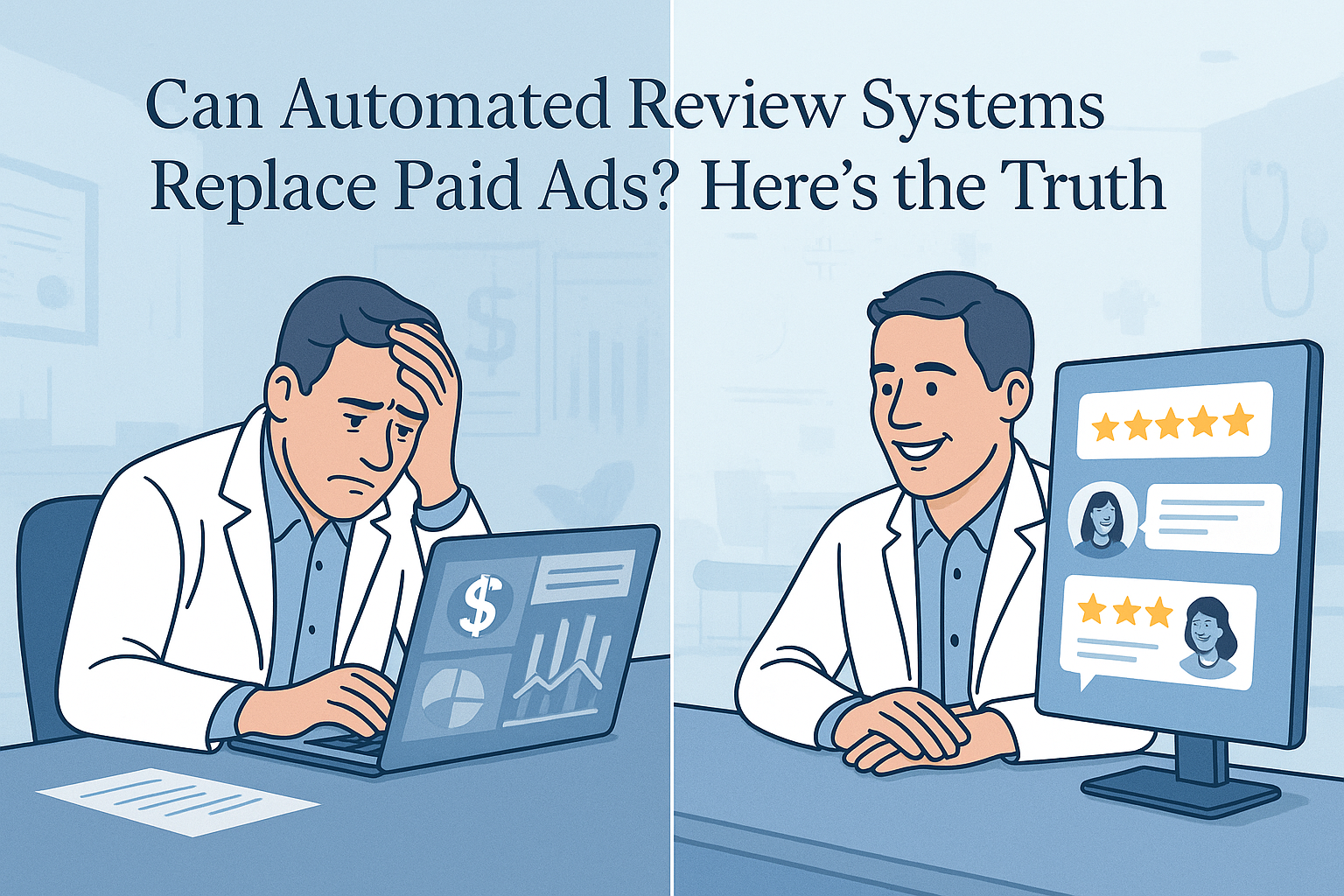What Is SEO? Unlock the Secrets to Ranking Higher Today
What is Search Engine Optimization (SEO)?
Search Engine Optimization, or SEO, is a term you’ve probably heard countless times, especially if you’re dabbling in the world of digital marketing or trying to increase your website’s visibility. But what exactly is SEO, and why does it matter? Let’s dive into this topic and explore everything you need to know to optimize your content for search engines!
Introduction to SEO
The Importance of SEO in Digital Marketing
Think of SEO as the GPS that helps people find their way to your website. Without it, your site is like a hidden gem in a crowded city—great, but difficult to discover. In today’s digital age, most online experiences start with a search engine, making SEO crucial for any business or website owner. Whether you’re trying to grow a blog, build an online store, or promote a service, SEO will be your guiding light.
Brief History of SEO
SEO wasn’t always what it is today. Back in the early days of the internet, search engines were much simpler. They relied heavily on keywords and meta tags, which allowed websites to rank easily by stuffing keywords into their content. Today, SEO has evolved into a sophisticated practice, blending creativity, analytics, and technology.
How Search Engines Work
Before diving into SEO tactics, it’s essential to understand how search engines work.
Crawling and Indexing: The Basics of Search Engines
Search engines like Google use automated bots (often called “spiders” or “crawlers”) to scour the web for content. These bots crawl through pages and index them into massive databases, making it possible for search engines to retrieve information when you type in a query.
Algorithms: The Secret Sauce Behind Rankings
Once content is indexed, search engines use complex algorithms to decide which pages are most relevant to a search query. This is where SEO comes in—helping you optimize your website to align with the search engine’s preferences and ranking factors.
Major Search Engine Algorithms Explained
Google is notorious for its frequent algorithm updates, such as Penguin, Panda, and Hummingbird. Each update aims to improve the quality of search results by focusing on different aspects like content relevance, link quality, and user experience.
Key Components of SEO
To effectively optimize a website, you need to understand the three primary pillars of SEO: on-page SEO, off-page SEO, and technical SEO.
On-Page SEO: The Foundation of Optimization
On-page SEO refers to the optimization techniques applied directly to your web pages to help search engines understand your content.
Title Tags, Meta Descriptions, and Heading Tags
These are the first things search engines look at when crawling your page. Title tags should include your primary keyword, meta descriptions should summarize your page content concisely, and heading tags (H1, H2, etc.) should structure your content clearly.
URL Structure and Internal Linking
Optimized URLs should be short, descriptive, and include target keywords. Internal linking, meanwhile, helps distribute page authority throughout your website and guides visitors to relevant content.
Off-Page SEO: Building Authority Outside Your Website
While on-page SEO focuses on content within your site, off-page SEO involves activities that happen outside of your website but still influence rankings.
Backlink Strategies and Their Importance
Backlinks—links from other reputable websites pointing to your site—are essential for building authority. Google views these links as “votes of confidence” that your content is valuable and trustworthy. Building high-quality backlinks is one of the best ways to improve off-page SEO.
Technical SEO: The Behind-the-Scenes Work
Technical SEO ensures that search engines can effectively crawl, index, and understand your website.
Mobile Optimization and Page Speed
With mobile searches surpassing desktop, having a mobile-optimized site is non-negotiable. Slow page load speeds can also hurt your rankings and frustrate visitors, so optimizing for speed is essential.
Sitemap and Robots.txt Files
A sitemap helps search engines navigate your website, while a robots.txt file indicates which pages should and shouldn’t be crawled. Both play critical roles in technical SEO.
SEO Best Practices in 2024
Search engine algorithms change constantly, so it’s important to stay updated with SEO best practices.
User Experience: A Core Ranking Factor
In 2024, user experience (UX) is more important than ever. Search engines prioritize content that is not only informative but also easy to navigate, engaging, and visually appealing.
E-A-T: Expertise, Authority, and Trustworthiness
Google has placed increasing emphasis on E-A-T, especially for websites in health, finance, and other areas where misinformation can have serious consequences. Building your site’s E-A-T can help boost rankings and user trust.
Common SEO Mistakes to Avoid
Keyword Stuffing and Over-Optimization
Gone are the days when jamming your content with keywords could trick Google into ranking your site. Now, over-optimization and keyword stuffing are surefire ways to hurt your ranking.
Ignoring Mobile Users and Slow Page Load Time
If your site isn’t mobile-friendly or loads slower than a snail’s pace, you’re in trouble. Mobile responsiveness and speed are critical for SEO success in 2024.
Why SEO Is a Long-Term Strategy
SEO is not a “set it and forget it” strategy. It takes time to see results, but the long-term benefits are worth the investment. SEO efforts compound over time, bringing in organic traffic without ongoing paid advertising costs.
Measuring SEO Success
Organic Traffic and Ranking Reports
You can measure your SEO success through tools like Google Analytics or SEMrush. Organic traffic—visitors who land on your site through search engine results—is one of the key indicators of SEO effectiveness.
Conversions and User Engagement Metrics
While rankings and traffic are important, the ultimate goal of SEO is to drive conversions, whether that’s sales, sign-ups, or engagement. Keep an eye on metrics like bounce rate, time on site, and conversion rates to assess your success.
Conclusion
SEO is a powerful, ever-evolving tool that can dramatically improve the visibility of your website. By mastering on-page, off-page, and technical SEO, you can ensure that your site ranks higher, attracts more visitors, and drives more conversions. Remember, SEO is a marathon, not a sprint—but the finish line is worth the wait!
FAQs
1. What are the basics of SEO for beginners?
SEO basics include keyword research, optimizing on-page content (such as titles and meta descriptions), improving site speed, and acquiring backlinks.
2. How long does SEO take to show results?
SEO results typically take 3 to 6 months, but it’s a long-term investment that grows over time.
3. Is SEO better than paid advertising?
SEO and paid advertising serve different purposes. SEO is a long-term, sustainable strategy, while paid ads provide immediate results.
4. Do small businesses need SEO?
Absolutely! SEO helps small businesses increase visibility, compete with larger companies, and drive local traffic.
5. What are the most important SEO ranking factors?
The most important ranking factors include relevant content, high-quality backlinks, mobile-friendliness, page speed, and a great user experience.
Ready to take your online presence to the next level?
At 27 Tech Solutions, we make SEO simple and effective, helping your business get noticed by the right people at the right time.
Whether you’re struggling with website traffic or just want to improve your rankings, our team of experts is here to guide you every step of the way.
Why not start with a free consultation? We’ll dive into your unique needs and craft a tailored SEO strategy that delivers real results.
Don’t wait—reach out to us today, and let’s grow your business together!







